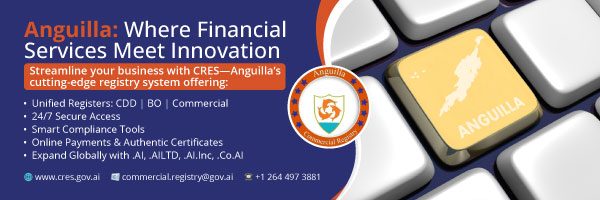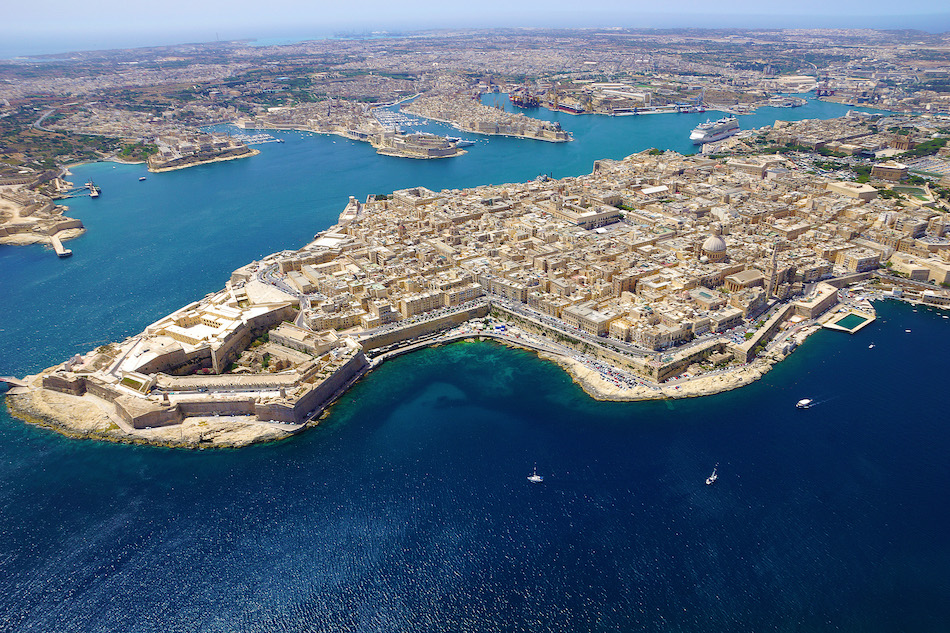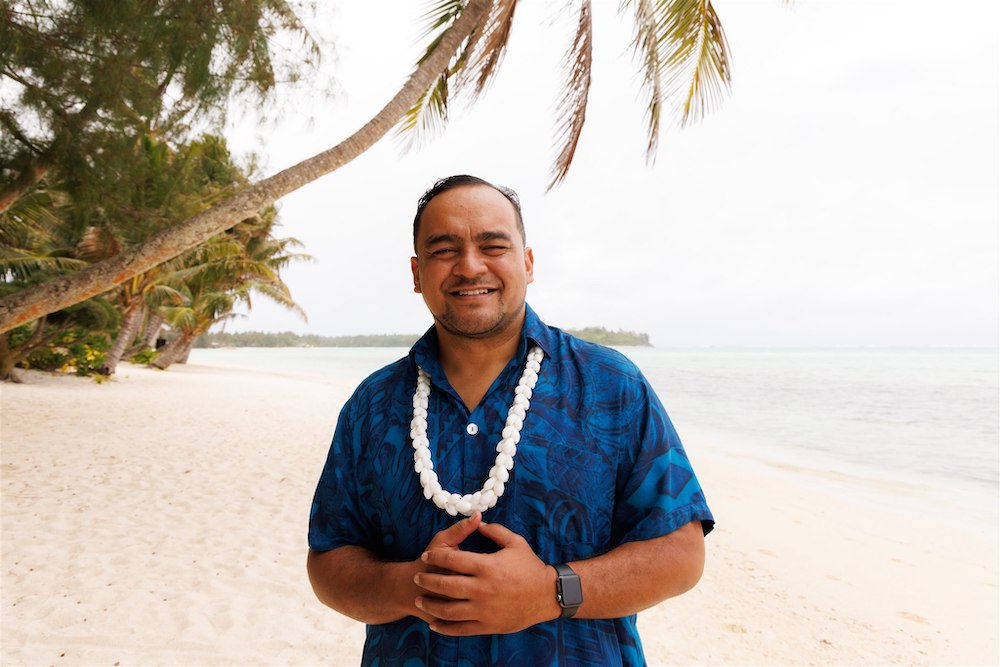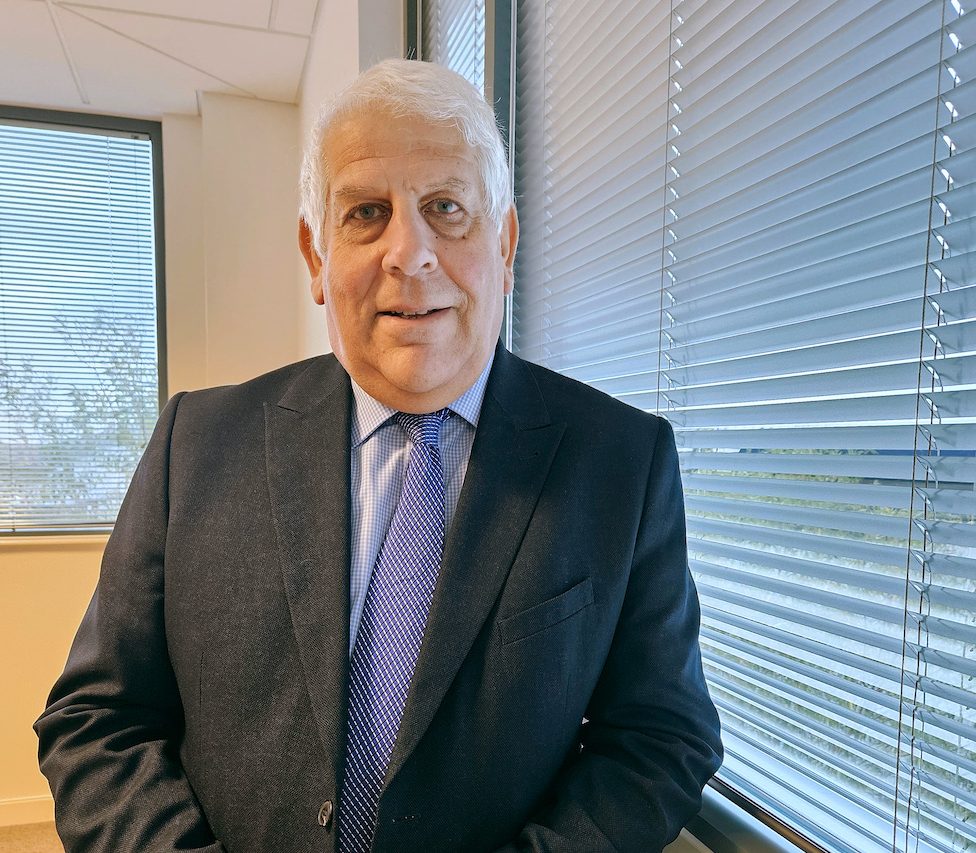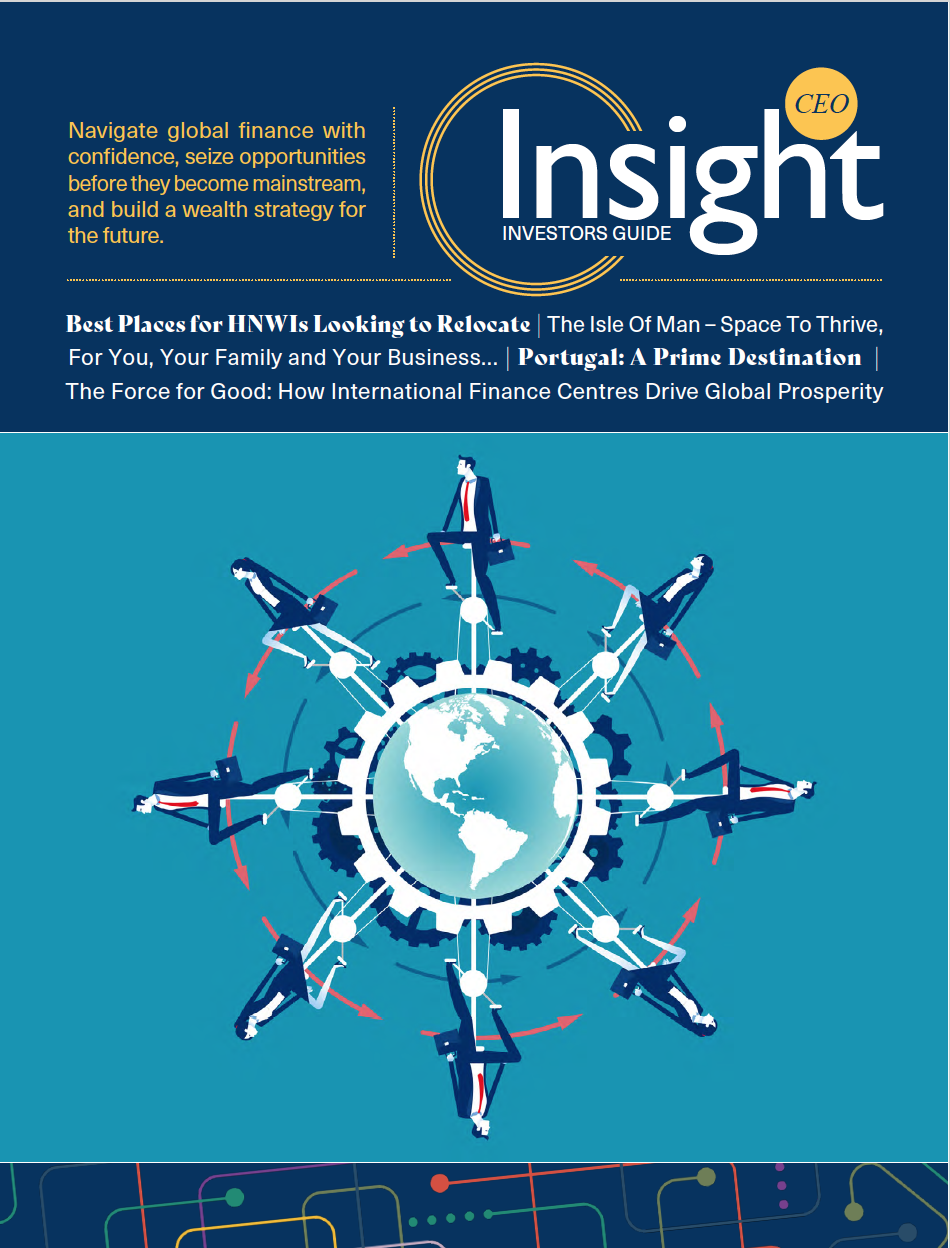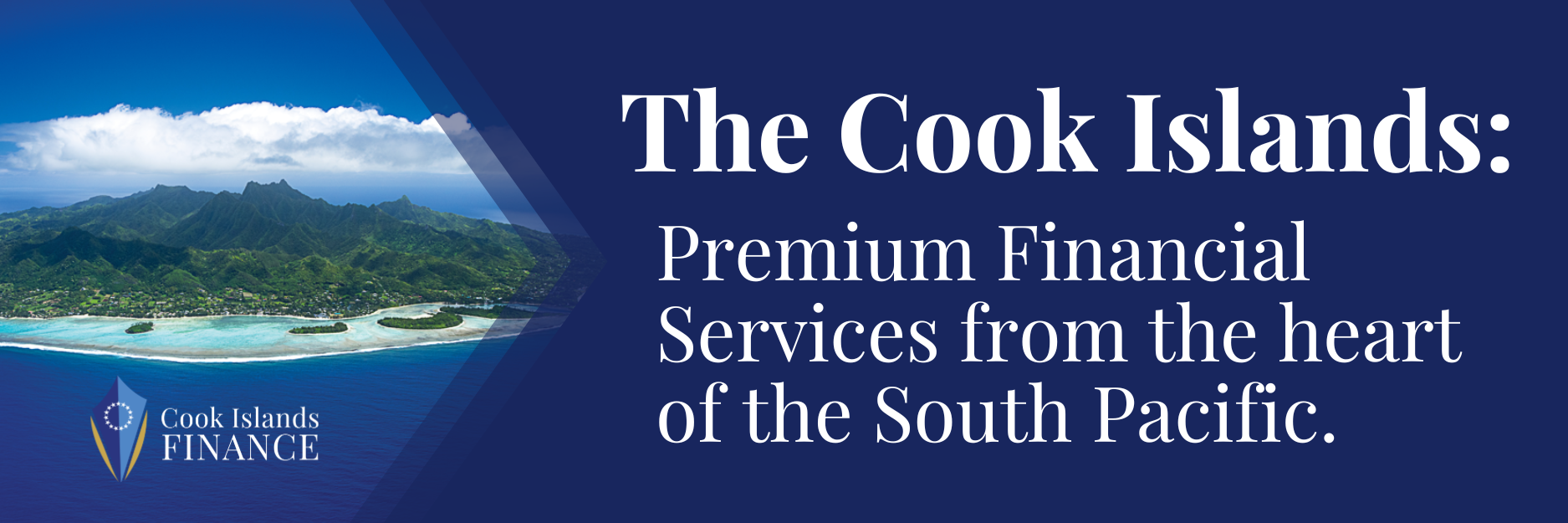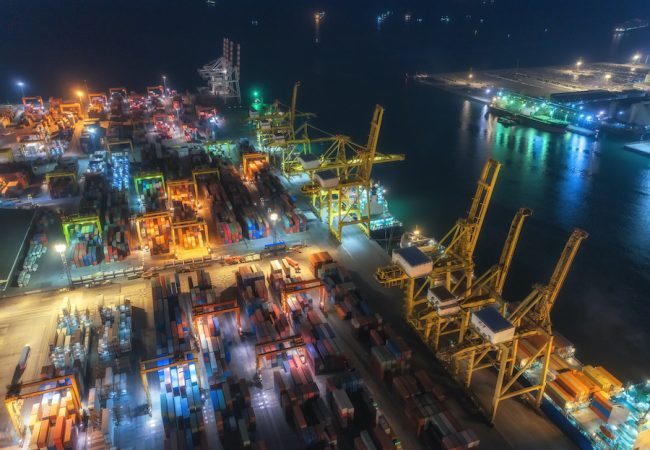Washington, DC: An International Monetary Fund (IMF) team led by Papa N’Diaye visited South Africa on March 1-17 to hold meetings with the economic authorities and other counterparts from the public and private sectors for the 2023 Article IV annual consultation. Discussions focused on policies to ensure macro-financial stability and the far-reaching reforms needed to durably lift potential growth, create jobs, reduce poverty and inequality, and facilitate the transition to a greener economy.
Context
South Africa’s economic and social challenges are mounting, risking stagnation amid an unprecedented energy crisis, increasingly binding infrastructure and logistics bottlenecks, a less favorable external environment, and climate shocks. A recovery in the services sector supported job creation in 2022; however, employment remains below pre-pandemic levels and unemployment close to record highs, on the back of already high poverty and inequality. In addition, the economy remains exposed to external shocks and capital flow volatility, in the context of tighter global financial conditions, and volatile commodity prices related to Russia’s war in Ukraine. The elevated public debt significantly limits the fiscal space available to respond to economic and climate shocks and meet social and developmental needs. Long-standing rigidities in product and labor markets, and governance and corruption vulnerabilities also weigh on growth and employment prospects, threatening social cohesion.
The country’s large external asset position, low levels of foreign currency debt, diversified economy, sophisticated financial system, and flexible exchange rate regime are sources of strength, supported by the South African Reserve Bank’s (SARB) pro-active monetary policy that has kept inflation expectations anchored. These features provide a favorable base for growth, as fiscal and structural challenges continue to be tackled, including through Operation Vulindlela. On the policy front, the government has made important headway on domestic revenue mobilization, removed licensing requirements for embedded power generation, announced a plan to create a mechanism for private sector participation in transmission infrastructure, completed the spectrum auction, and has taken steps to improve third-party access to the country’s ports and freight network. Anti-corruption measures in response to the judicial recommendations of the Commission of Inquiry into Allegations of State Capture have also been announced in October 2022. This progress is welcome and needs to be sustained, but further reforms are urgently needed to durably lift potential growth, create enough jobs to reduce unemployment, absorb new entrants into the labor force, and reduce poverty and inequality.
Outlook and Risks
Growth. The near-term growth outlook has deteriorated. Real GDP growth is projected to decelerate sharply to 0.1 percent in 2023 mainly due to a significant increase in the intensity of power cuts, as well as the weaker commodity prices and external environment. In the medium term, growth is expected to rebound, though only to about 1½ percent per year, with income per capita likely to stagnate as a result. This is because of long-standing structural impediments, such as product and labor market rigidities and human capital constraints, offsetting expected improvements in energy supply, higher private spending on energy-related infrastructure, and a more supportive external environment.
Inflation. Headline inflation is projected to fall back within the SARB target range (3-6 percent) in the second half of 2023. Lower food and fuel price inflation and the SARB’s less accommodative monetary policy stance are key factors behind this decline. Inflation is expected to reach the target range mid-point of 4.5 percent in 2024 and remain there through the medium term.
Current account balance. The current account is projected to move to a sizable deficit of 2.3 percent of GDP in 2023 and to deteriorate further to about 2½ percent in 2024, on the back of softer commodity prices, weaker external demand, and higher energy-related capital imports. As these factors dissipate and logistical constraints are alleviated, the deficit is expected to improve somewhat to around 2 percent of GDP over the medium term. Portfolio inflows are likely to stay volatile, while FDI inflows are anticipated to remain low.
Fiscal balance. Despite recent improvements, fiscal accounts will remain under pressure with the overall balance projected to widen to a deficit of about -6½ percent of GDP in the fiscal year (FY) 23/24, and deteriorate further through FY25/26, reflecting the Eskom debt relief operation (which entails a capital transfer), continued transfers to other loss-making state-owned enterprises (SOEs), spending on the Social Relief Distress (SRD) grants, and increased interest payments. The deficit is expected to narrow after FY26/27 assuming improved conditions at Eskom, though public debt would continue to rise.
Risks. External downside risks include a deeper and more protracted global slowdown, further weakening of commodity prices, and a shift in global investors’ sentiment away from emerging markets. Domestically, downside risks include delays in addressing the energy crisis and Eskom’s and Transnet’s operational and financial weaknesses, slower-than-expected progress or reversal in reforms and policies, including fiscal consolidation, and increased political uncertainty. On the upside, decisive implementation of structural reforms combined with fiscal consolidation would help boost private investment, and ultimately employment and growth over the medium term. Similarly, stronger-than-expected private sector participation in the energy sector could improve the growth outlook.
Safeguarding macro-financial stability
Fiscal policy. The mission supports the government’s objectives to reduce debt vulnerabilities and create the conditions for higher growth, as articulated in the 2023 Budget and the October 2022 Medium-Term Budget Policy statement (MTBPS). While the MTBPS and the recently tabled budget make provision for some risks and contingencies, risks to the fiscal outlook are substantial. South Africa’s public debt is among the highest in emerging markets and is set to continue rising on current policies. This leaves limited fiscal space to respond to adverse shocks, including from contingent liabilities from SOEs, social spending needs, and climate events. It also exposes the government to increasing borrowing costs, diverting limited resources away from more productive capital and social spending.
Achieving the 2023 Budget objectives will require, relative to the IMF Staff baseline, stronger fiscal consolidation efforts in a context of a credible medium-term framework. The mission welcomes the significant reduction in the fiscal deficit relative to 2019, driven by the efforts to contain public spending and saving windfall revenue from higher commodity prices. As the revenue windfall fizzles, decisive efforts to reduce public spending as a share of GDP will be needed to stabilize and subsequently bring down the public debt ratio, which is estimated to reach about 70 percent of GDP by the end of FY22/23. The mission recommends continued efforts to reduce the public sector wage bill, costly and inefficient subsidies, and transfers to poorly performing SOEs, while protecting well-targeted social spending and productive public investment.
Improving spending efficiency, including for SOEs, would facilitate fiscal adjustment and reduce the adverse near-term impact of fiscal consolidation on growth. Over the long term, it will maximize the returns on capital and social spending, especially if combined with structural reforms to boost private sector investment.
Broadening the tax base by continuing to strengthen revenue administration and reduce tax gaps and tax expenditures is also important to complement an expenditure-based consolidation. Strengthening the fiscal framework by introducing a debt ceiling to complement the nominal primary expenditure ceiling, addressing deficiencies in public procurement, and improving public investment management would also benefit fiscal consolidation.
Monetary policy. The pace of withdrawal of monetary policy accommodation has been adequate and needs to remain data dependent. The SARB’s decisive increases in the policy rate have helped bring down headline inflation and keep inflation expectations anchored. However, further tightening would be warranted if the ongoing energy crisis and tighter global financial conditions threaten to de-anchor inflation expectations.
The inflation targeting framework has served South Africa well. As conditions allow, the framework could be enhanced by formalising the SARB’s focus on the midpoint, instead of targeting a range, and by lowering the target. Such conditions will present themselves as fiscal consolidation and structural reform efforts advance. Communication will be of the essence to ensure that refinements to the monetary policy framework are well understood by the market and other stakeholders. The successful shift to the new Monetary Policy Implementation Framework is a good example of effective communication.
Financial sector policies. The financial sector remains resilient, though there are pockets of vulnerabilities. Greater holdings of government debt increases the financial system’s direct exposure to sovereign risk; this should continue to be monitored closely. Fiscal consolidation should be the main line of defence to alleviate risks from the financial sector-sovereign nexus. Complementary prudential measures could be considered in due course, taking into account risks of procyclicality and potential unintended negative effects on financial institutions’ balance sheets.
Financial sector oversight is strong, reflecting a commitment to independent supervision and the implementation of international standards. It would however benefit from closing gaps in regulation and further strengthening supervision. This could be done by implementing the FSAP recommended measures, such as pivoting towards a more structured and intrusive approach, with a recalibrated mix between on-site and off-site supervision and a greater focus on governance and less reliance on third party auditors; adopting and operationalising the new bank resolution and deposit insurance legislation; and stepping up crisis preparedness. Greater financial sector competition and an enhanced credit information system could further expand access to credit by SMEs and promote financial inclusion more generally. Financial inclusion should continue to be promoted through digital technologies although risks to financial stability need to be closely monitored and mitigated. Embedding the taxonomy of green economic activities and guidelines on climate-related financial disclosures would strengthen sustainable finance.
Grey Listing by the Financial Action Task Force (FATF). FATF has placed South Africa on its list of jurisdictions under increased monitoring (grey list) and has identified eight key areas with strategic deficiencies in its anti-money laundering and counter-financing of terrorism (AML/CFT) framework. FATF has recognised that South Africa has made significant progress on many of the recommended actions to improve its system including the passage of two key Acts of Parliament addressing technical compliance deficiencies, demonstrating the authorities’ strong political commitment. Exiting the grey list will require South Africa to continue to implement the agreed FATF implementation action plan in a timely manner. International experience suggests that the adverse impacts of grey listing increase the longer a country remains on the list. Therefore, the mission encourages stakeholders to continue working together to exit the list as quickly as possible, and closely monitor the impact of the grey listing on capital flows and the financial system.
Structural reforms to achieve job rich, inclusive, and greener growth
More reforms are needed to address South Africa’s long-standing structural impediments to growth. Experiences in other countries suggest that successful implementation of structural reforms require a gradual and sustained approach, well-targeted compensatory measures conditional on reform implementation and with clear sunset clauses, leveraging of independent institutions, early engagement with stakeholders, and effective communications. Reforms should aim at improving energy security, fostering private investment, promoting good governance, and creating jobs. To this end, urgent action is needed to:
Restore energy security. This will require attracting private sector participation in the electricity market and addressing Eskom’s operational and financial deficiencies. Conditions attached to Eskom’s debt relief operation should ensure material improvement in the company’s operation and establish its long-term viability, if strictly enforced. Eskom’s operational viability also hinges on stopping further accumulation of municipal arrears to Eskom and making the electricity tariff setting mechanism fully cost reflective.
Implement the Just Energy Transition Investment Plan . Achieving South Africa’s ambitious climate goals requires changing the carbon intensity of consumption and production, including through the carbon tax and other complementary measures, while providing well-targeted support to affected workers and communities. The ongoing energy crisis provides a window of opportunity for an expedited rollout of renewable energy in South Africa.
Alleviate transportation logistics bottlenecks. Decisive actions to improve Transnet’s operational efficiency and its commercial viability are crucial. Promoting private sector participation in the transport sector would help increase capacity and boost exports.
Rationalise SOEs. Inefficient SOEs represent a heavy burden on the budget, siphoning away public resources from other social and infrastructure expenditure priorities. They also hinder economic growth through lower productivity and private investment. There is room to rationalise–as appropriate—SOEs with overlapping mandates and/or where the rationale for their mandates does not have a sound public finance basis. SOEs that remain as such need to have a clear, representative, and transparent governance structure, and operate with hard budget constraints, in competitive markets, and with proper autonomy and regulation.
Foster competition and regional integration. Reducing the regulatory burden and other entry barriers is key to foster competitive product markets and promote private investment, especially for job-creating SMEs. Deeper regional trade integration would benefit South Africa. The African Continental Free Trade Area is a good opportunity for South Africa to build on its industrialised economy, exploit economies of scale, and improve productivity and growth.
Tackle high structural unemployment. The mechanism for setting the national minimum wage should strike the right balance between reducing in-work poverty and enhancing the job prospects of disadvantaged groups. Labor market reform aimed at introducing greater firm-level flexibility in the collective bargaining system and streamlining the enforcement of employment protection legislation are necessary steps to boost job creation. Improving the quality of education, along with facilitating high-skilled immigration, are key to address skill shortages. Additional policies to durably raise employment and lower costs to job creation include supporting school-to-job transitions, promoting vocational training, improving the employability of the inactive population, and making job search more effective. Interventions to increase entrepreneurial capacity, lift the education level, and reform social housing policies would increase the participation in economic activity of people living in remote and traditional settlement areas.
Promote good governance. South Africa’s economic future depends vitally on state capture being tackled forcefully. Criminal prosecution and enforcement of sanctions against corruption offences need to be strengthened and credible and effective deterrence mechanisms established. Anti-corruption agencies need to be equipped with sufficient legal power, capacity, and operational autonomy to prevent political interference. The new procurement legislation and regulations under preparation are an important opportunity to address some of the deficiencies in the public procurement process. They should help centralise procurement and increase the standardisation of processes and transparency requirements in line with international good practice.
Address gender disparities. Implementation of the Gender Responsive Budgeting Framework should gradually advance as planned; and efforts to decisively tackle gender-based violence should continue.

